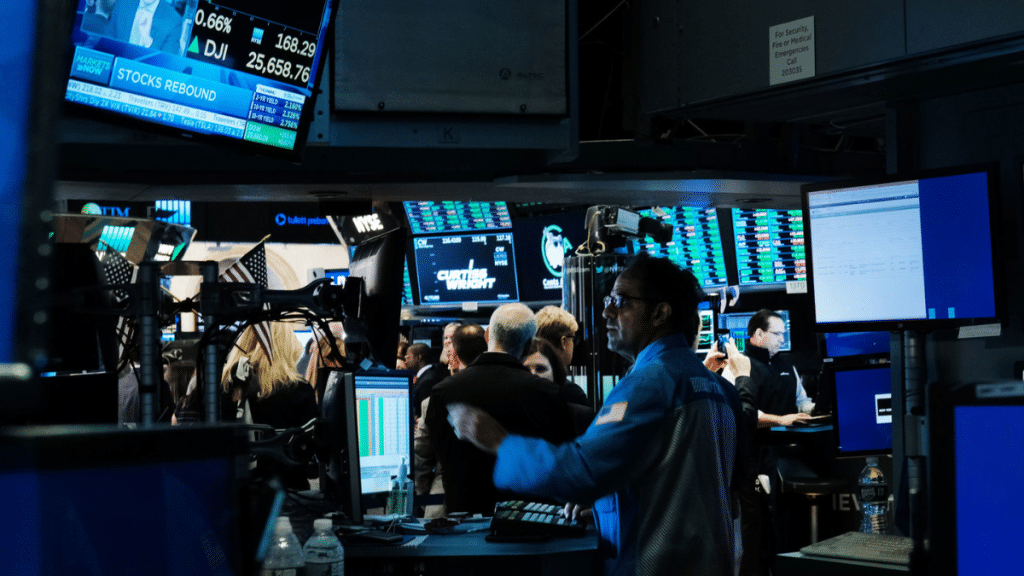Immediately after the Trump administration announced that new import duties would be imposed, shares of leading US technology companies dropped instantly. Investors fear that increased customs barriers will harm global supply chains and raise costs for companies dependent on overseas production.
Since April 5, 2025, the United States has introduced higher import duties: the base rate has been raised to 10%, but the surcharges have been significantly higher for specific categories of goods, including electronics and components. These measures are intended to encourage product makers to return to the United States but threaten severe short-term shocks to the tech sector.
The market’s reacted quickly — Apple and Amazon lost ~10% of their share price, while Nvidia and AMD stock fell by more than 8%.

About half of Apple’s revenue comes from iPhones assembled in China and India. Other devices (MacBooks, AirPods, iPads) are manufactured in Vietnam, Thailand, and Malaysia. An increase in duties on imported components and finished products will lead to higher costs, which will either reduce margins or force the company to raise prices. In addition, it may cause shipment delays if Apple decides to restructure logistics. Given that demand for smartphones in the United States is already slowing down, any additional increase in product prices may affect sales.
Amazon is heavily dependent on goods imported from China and other Asian countries. If duties increase the cost of electronics, gadgets, and even household goods, this will reduce the profitability of sales on the site. Consequently, this will reduce the turnover of third-party sellers, which will hit Amazon’s commission income. Furthermore, rising prices for server components (such as chips and boards) may increase the cost of developing AWS, a key driver of the company’s profits.
Although Nvidia manufactures chips mainly at TSMC (Taiwan) and Samsung (South Korea), the new duties could raise the cost of video cards and AI accelerators. This would slow down the introduction of their technologies in the United States and negatively impact partners (such as Dell, HP, and Microsoft) who use Nvidia chips in their products.
The increase in duties will increase the cost of goods on the domestic market, which may potentially accelerate high inflation. The probability of a recession in the United States in the coming year has increased from 20% to 35%.
The irony is that many voters supported Trump in November 2024 precisely because they were dissatisfied with inflation under Biden. However, the new tariff policy could have the opposite effect — prices can rise again, and consumers will be unwilling to pay more for domestically produced goods.
Trump’s new tariffs pose a long-term risk for technology companies that depend on global supply chains. If Apple, Amazon, and Nvidia fail to adapt quickly, their profits will continue to decline, and their stock prices will fall.
While the market awaits comments from company management, one thing is clear: the era of cheap global supplies for the United States is ending, and both businesses and consumers will bear the cost.
